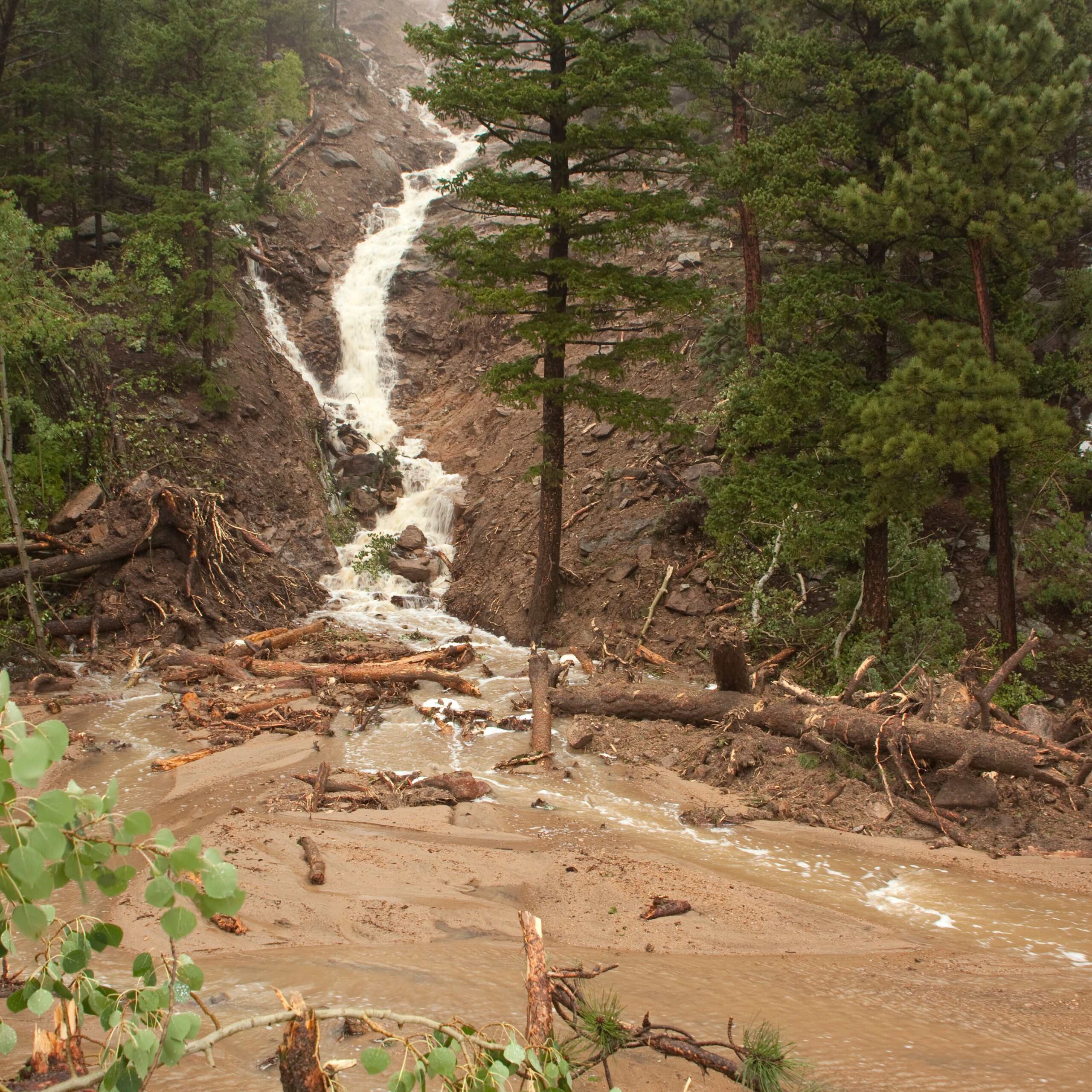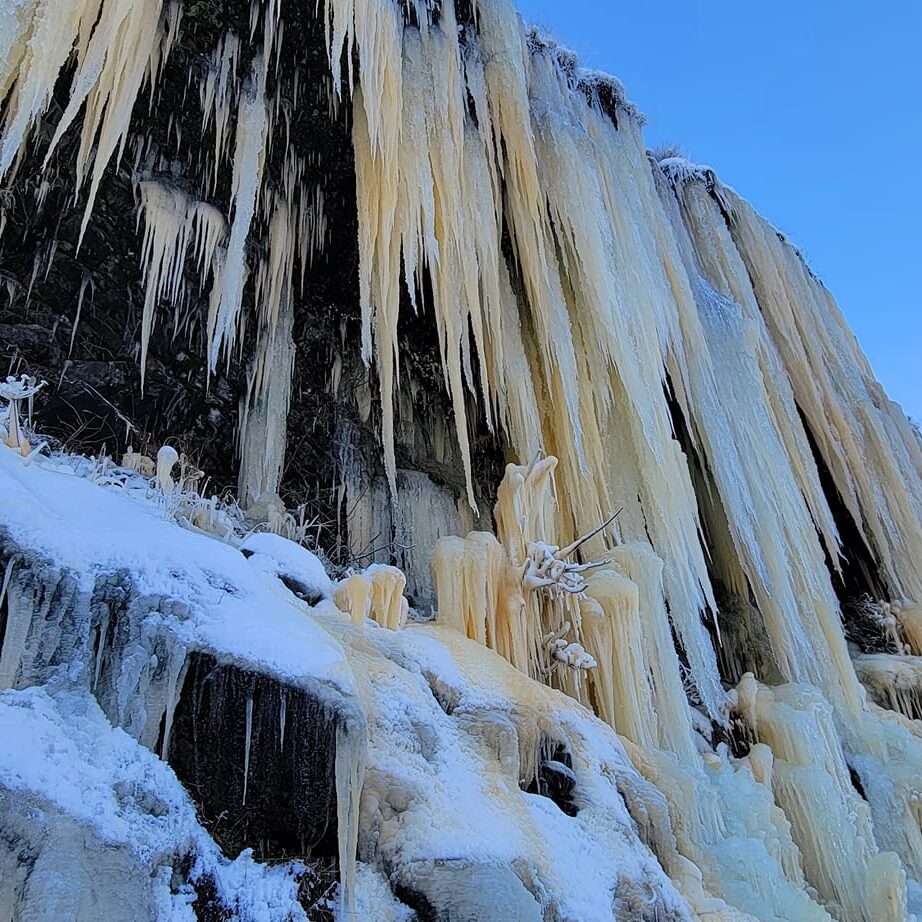Natural Emergencies in Skamania County: An Overview
Skamania County, nestled in the heart of the Columbia River Gorge, is known for its breathtaking landscapes, but its dramatic geography and climate also make it susceptible to a variety of natural emergencies. Understanding these hazards is essential for residents and visitors alike to stay safe and prepared.

Landslide
Cause: Heavy rainfall, melting snow, or erosion on steep slopes.
Impact: Roads blocked or washed away, damage to homes, and increased flooding risk.
Preparedness: Monitor weather alerts, avoid steep or unstable areas during heavy rain, and maintain drainage systems.

Wildfire
Cause: Dry summers, lightning strikes, human activity, and downed power lines.
Impact: Rapid spread of fire through dense forests; destruction of homes, businesses, and natural habitats; poor air quality due to smoke.
Preparedness: Firewise landscaping, emergency kits, evacuation plans, and adherence to burn bans.

Extreme Heat
Cause: Prolonged periods of high temperatures during summer.
Impact: Increased risk of wildfires, heat-related illnesses, and strain on power grids.
Preparedness: Stay hydrated, avoid outdoor activities during peak heat, and use cooling centers if needed.

Extreme Winds
Cause: The Columbia River Gorge acts as a wind funnel, amplifying gusts during storms.
Impact: Downed trees and power lines, roof and structural damage, and widespread power outages.
Preparedness: Secure outdoor items, trim trees near homes, and have flashlights and generators ready.

Flooding
Cause: Heavy rains, rapid snowmelt, or overflowing rivers.
Impact: Road closures, water damage to homes, and risks to personal safety.
Preparedness: Elevate valuables, avoid flooded areas, and have a plan for evacuation.

Winter Storm
Cause: Snow, ice, and freezing rain during colder months.
Impact: Hazardous driving conditions, power outages, and frozen pipes.
Preparedness: Winterize homes and vehicles, keep an emergency kit, and avoid unnecessary travel during storms.

Volcanic Hazards
Cause: Proximity to Mount St. Helens, an active volcano.
Impact: Ashfall, lahars (volcanic mudflows), and other eruptions affecting air quality and infrastructure.
Preparedness: Stay informed about volcanic activity, have masks for ashfall, and know evacuation routes.

Earthquake
Cause: The Pacific Northwest lies near major fault lines, including the Cascadia Subduction Zone.
Impact: Structural damage to buildings and infrastructure; potential for landslides and tsunamis in extreme cases.
Preparedness: Secure heavy furniture, practice “Drop, Cover, and Hold On,” and have a disaster kit ready.

Staying Prepared
Natural emergencies can happen with little warning, but residents of Skamania County have developed a strong sense of preparedness due to the area’s unique challenges. To stay safe:
- Stay Informed: Sign up for local alerts and monitor weather reports.
- Have a Kit: Include essentials like water, food, first aid supplies, and important documents.
- Plan Ahead: Know evacuation routes and communicate plans with family members.